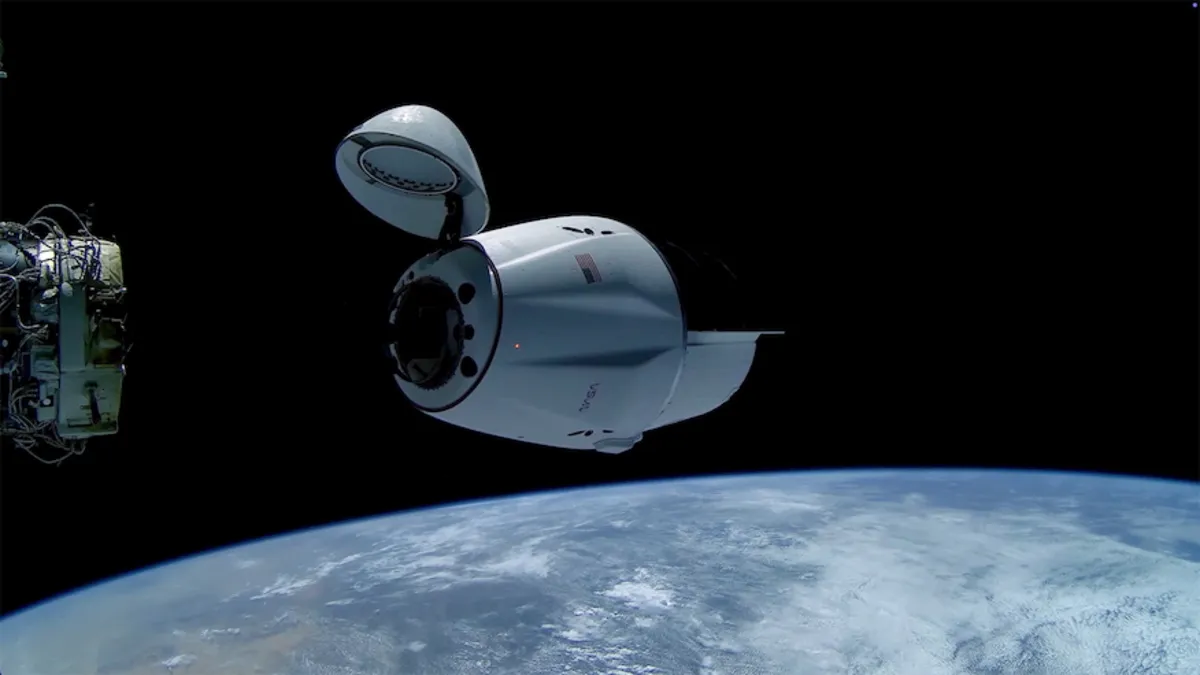
In a remarkable achievement for space logistics, an unpiloted SpaceX cargo ship successfully docked at the International Space Station (ISS) early Monday morning. The spacecraft arrived with over 5,000 pounds of equipment and supplies, including a unique delivery of 1,500 tortillas, a practical alternative to traditional bread for astronauts dining in weightlessness.
The cargo Dragon was launched on Sunday from the Cape Canaveral Space Force Station aboard a Falcon 9 rocket. It completed a swift 28-hour rendezvous with the ISS, achieving an ahead-of-schedule docking at the lab’s forward port at 7:05 a.m. EDT, while the two spacecraft were located approximately 260 miles above the Ivory Coast of Africa.
Upon receiving the cargo, astronaut Mike Fincke, speaking from the ISS, expressed gratitude to all those involved in the mission. “We’d like to say thanks to everybody who made the cargo and loaded the cargo and launched the cargo,” he stated. “It’s our job now to take care of it from here. We’ll do our very best for all the science that’s now aboard. Also, we very much appreciate the resupply.”
The cargo Dragon not only delivered fresh food and crew supplies but also included essential experiments and hardware for the space station. Additionally, it brought an add-on thruster kit in its open trunk section, which will assist in boosting the space station’s altitude. This is crucial for counteracting the ongoing effects of atmospheric drag that the ISS experiences.
According to Bill Spetch, ISS operations integration manager at the Johnson Space Center, the altitude of the space station gradually decays over time due to the minimal atmosphere at such high elevations. “To counteract that drag, we must occasionally raise the altitude of the ISS,” he explained. The Russians traditionally handle most of these re-boost operations by delivering the necessary propellants and firing thrusters aboard their Progress cargo ships and the ISS itself.
Regarding the tortillas, Spetch emphasized their practicality for astronauts aboard the ISS. “We fly tortillas because other breads and things like that have too many crumbs that float away in weightlessness, so you can’t actually maintain it in orbit,” he stated. “Tortillas are a great substitute for that.” This innovative approach to space dining reflects the ongoing efforts to adapt to the unique challenges of living and working in low gravity.